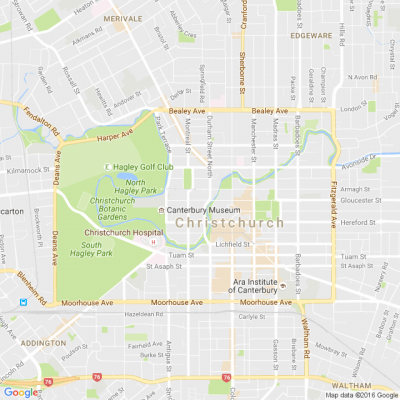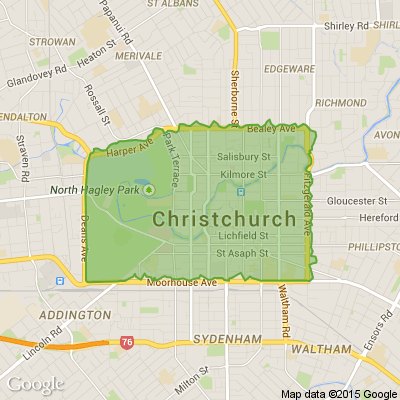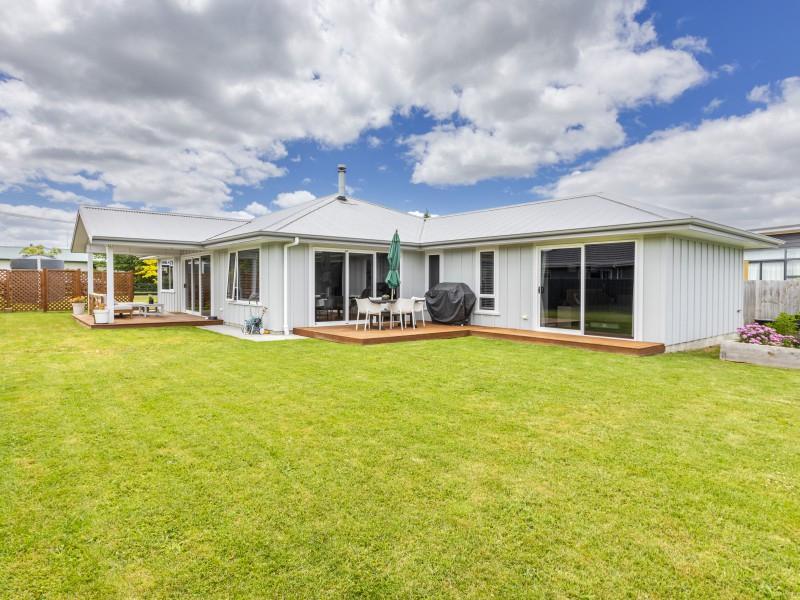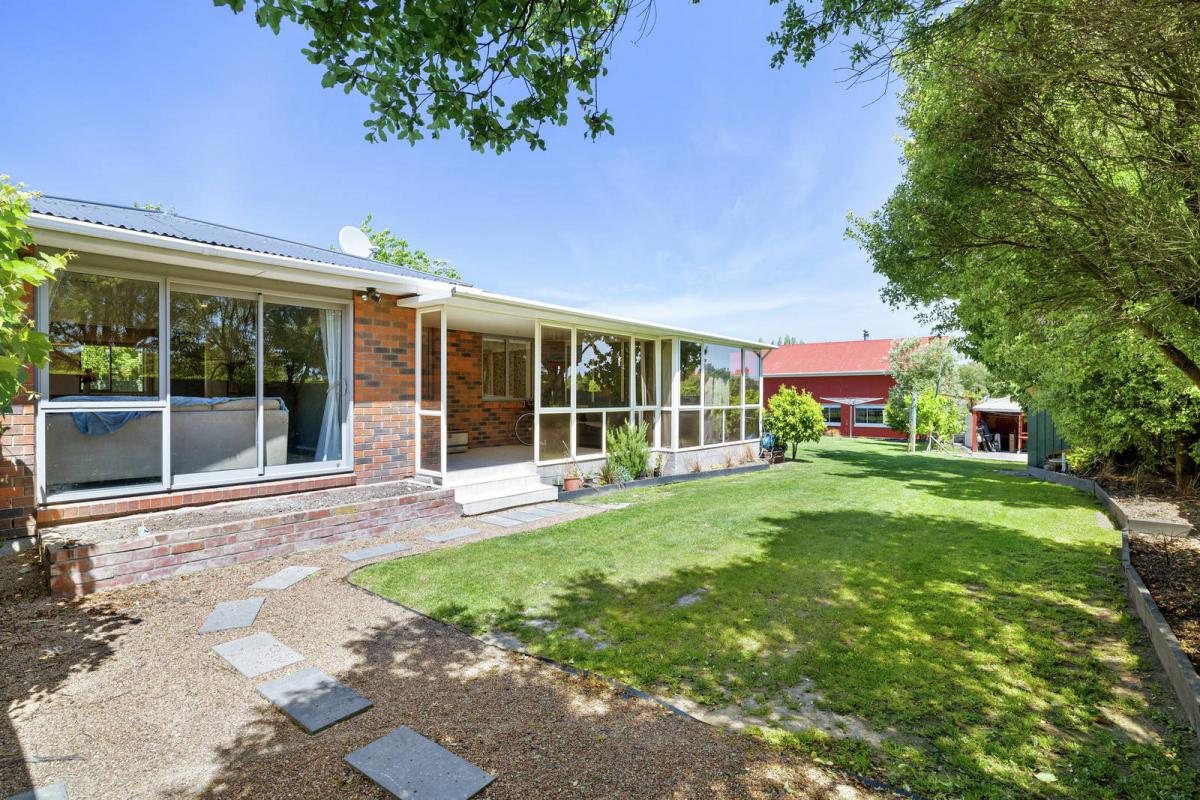Ashburton council reviews Māori representation, wards, and the number of councillors
By local democracy reporter Jonathan Leask:
The way Ashburton's council is elected is up for review, but the mayor says it doesn't necessarily mean anything will change.
Māori representation, wards, and the number of councillors will be considered.
Ashburton mayor Neil Brown said the review would discuss possible changes and decide if they are necessary.
“We don’t have to change for change's sake.
“If we think we have it right, then we have it right. When we did this six years ago we did change."
Any proposed changes will go out for public consultation.
The review will cover the number of councillors and if they are elected in wards (electoral areas) or at large (whole city), options for district-wide voting as well as wards, of a single rural and single urban ward or southern and northern rural ward.
The review will also consider Māori representation options.
Strategy and policy manager Mark Low said the district doesn’t meet the threshold for a Māori ward under current legislation.
“Part of this conversation is around potential other ways of representation," he said.
Democracy and engagement group manager Toni Durham said the legislation had been due for change ahead of the 2025 elections, including removing the formulaic approach to Māori wards.
However, Cyclone Gabrielle put that on hold.
The Methven Community Board boundary will also be considered, with the board proposing it change in response to the urban growth of the township.
In the last review in 2018, the council reduced from 12 to nine councillors, and there were some adjustments to the ward boundaries.
Councillor Richard Wilson said the review outlined all the different options for the council, including keeping the status quo.
“What we currently do could be fit for purpose so we don’t have to change.”
The pre-engagement for the review will take place before the end of this year.
That will allow the council to form an initial proposal to be notified by the end of May for consultation with the community.
The process and timeframe for the final proposal will depend on submissions received, a council spokesperson said.
The process needed to be completed by the end of August.
⚠️ DOGS DIE IN HOT CARS. If you love them, don't leave them. ⚠️
It's a message we share time and time again, and this year, we're calling on you to help us spread that message further.
Did you know that calls to SPCA about dogs left inside hot cars made up a whopping 11% of all welfare calls last summer? This is a completely preventable issue, and one which is causing hundreds of dogs (often loved pets) to suffer.
Here are some quick facts to share with the dog owners in your life:
👉 The temperature inside a car can heat to over 50°C in less than 15 minutes.
👉 Parking in the shade and cracking windows does little to help on a warm day. Dogs rely on panting to keep cool, which they can't do in a hot car.
👉 This puts dogs at a high risk of heatstroke - a serious condition for dogs, with a mortality rate between 39%-50%.
👉 It is an offence under the Animal Welfare Act to leave a dog in a hot vehicle if they are showing signs of heat stress. You can be fined, and prosecuted.
SPCA has created downloadable resources to help you spread the message even further. Posters, a flyer, and a social media tile can be downloaded from our website here: www.spca.nz...
We encourage you to use these - and ask your local businesses to display the posters if they can. Flyers can be kept in your car and handed out as needed.
This is a community problem, and one we cannot solve alone. Help us to prevent more tragedies this summer by sharing this post.
On behalf of the animals - thank you ❤️

Worst Xmas ever?
There's a a lot of planning that goes into Christmas day and sometimes things just don't go to plan. But it can be a good thing - a family mishap or hilarious memory that you can laugh about in Christmases to come.
Whether you burnt the dinner or were stranded at an airport...
Share your Christmas mishaps below!








 Loading…
Loading…





















